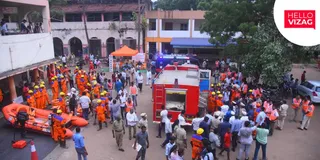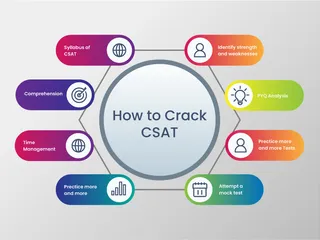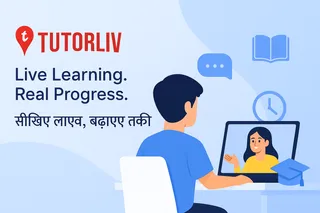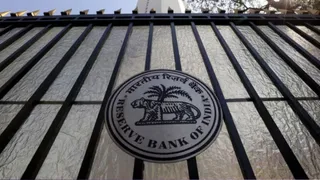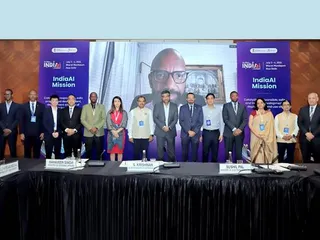Effective mock drills are crucial for emergency preparedness. Timing these drills strategically is key to maximizing their impact and minimizing disruption. The optimal time for a mock drill depends on several factors:
Factors Influencing Mock Drill Timing:
- Type of Drill: Fire drills may be shorter and more frequent than complex multi-hazard scenarios. Active shooter drills require specific considerations and may involve law enforcement collaboration, necessitating careful scheduling.
- Target Audience: A school's drill schedule will differ significantly from that of a hospital or large corporation. Consider the age, abilities, and needs of participants.
- Facility Schedule: Avoid times when the facility is at maximum occupancy or crucial operations are underway. Consider off-peak hours or slower periods to minimize disruption.
- Staff Availability: Ensure key personnel, including supervisors, instructors, and emergency response teams, are available to participate and oversee the drill.
- External Factors: Weather conditions, special events, or planned maintenance can influence the suitability of a particular time.
Best Practices for Scheduling Mock Drills:
- Establish a Schedule: Develop a realistic schedule that balances frequency with minimal disruption. Establish a recurring schedule that accounts for seasonal changes.
- Vary the Time of Day: Include drills at various times to simulate diverse scenarios and test preparedness under different conditions.
- Communicate Effectively: Provide clear and timely notification of the drill to all participants. Explain its purpose, duration, and procedures.
- Debrief and Evaluate: Conduct a thorough post-drill debrief to identify areas for improvement and refine emergency response plans. Analyze timing effectiveness and adjust the schedule accordingly.
Resources for More Information:
While specific guidelines vary by location and organization type, consider consulting resources like the Occupational Safety and Health Administration (OSHA) or your local emergency management agency for additional guidance.
Remember, regular, well-timed mock drills are essential for building a culture of safety and ensuring your organization is prepared to respond effectively to emergencies.











